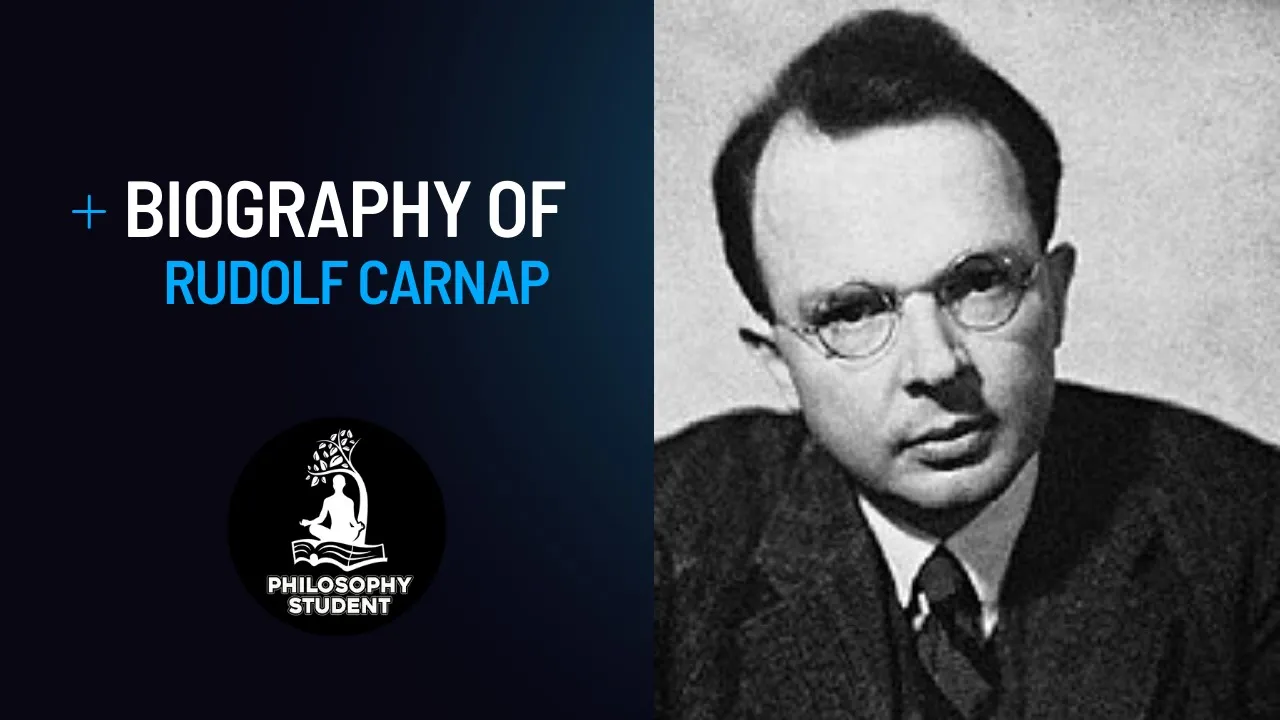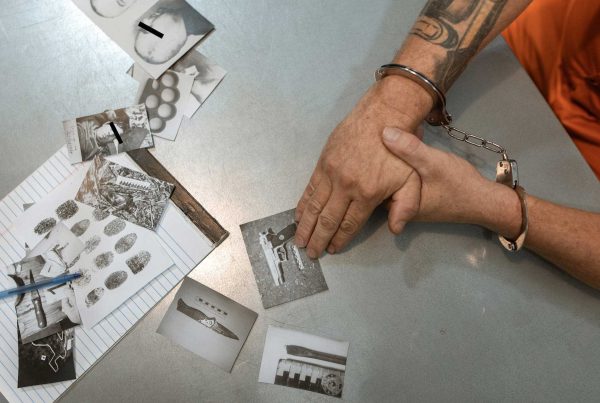For a time, Rudolf Carnap was among the most famous philosophers of the twentieth century. He was a member of the so-called Vienna Circle of the 1920s and 1930s, instrumental in formulating logical positivism, which was also known as logical empiricism, or neopositivism, and was associated with the creation of the field of philosophy of science. The cornerstone of logical positivism is the verification principle (or verifiability criterion of meaning), which holds that only statements verifiable through direct observation or logical proof are meaningful. The ambition of this proscriptive principle was to preempt confusion that produced unclear language expressing unverifiable claims. This preemption, it was hoped, would “raise” philosophy to the level of science; indeed, the term “scientific philosophy” was coined to describe philosophical work conducted according to strict empirical principles. The logical positivists held up as exemplary Albert Einstein’s general theory of relativity (1915), which uses mathematical expressions (Einstein field equations) to revise Newtonian gravity as a geometric property of spacetime. The Einstein theory, advocates of logical positivism argue, describes a basic aspect of reality without any of the ambiguity of language and in a way that is mathematically verifiable.
By the 1960s, logical positivism was under heavy attack and claimed fewer and fewer advocates. The objection was to the reduction of philosophy to a mimicry of science. Diehard proponents of the approach countered that it was actually a means of applying stricter philosophical standards to science. In the end, what survived of logical positivism was a concern for scientific methodology and a belief that a philosophy of science could be instrumental in guiding the role of science in reshaping society.
Rudolf Carnap was born in Düsseldorf, Germany, on May 18, 1891, the son of an impecunious laborer in a ribbon factory who rose to become the proprietor of such an enterprise. His mother, however, was highly educated, the sister of the archaeologist Wilhelm Dörpfeld, whom the ten-year-old Carnap accompanied on a dig in Greece.
After graduating from the Barmen Gymnasium, Carnap enrolled in 1910 at University of Jena. His intention was to write a thesis in physics and become a scientist, but he became more interested in philosophy after reading Kant’s Critique of Pure Reason. A young man of pacifist tendencies, he nevertheless believed it his patriotic duty to serve in the German army in World War I, and did so for three years when, in 1917, he was granted permission to study physics at the University of Berlin, where he met Albert Einstein.
Carnap later returned to the University of Jena, where the physics department rejected his doctoral thesis on an axiomatic theory of space and time as “too philosophical” even as Professor Bruno Bauch of the philosophy department rejected it as physics, not philosophy. Bauch supervised a revision of the thesis in 1921, along Kantian lines, which was published in 1922 as Der Raum (“Space”). It was no longer subtitled as a space and time theory but as “A Contribution to the Theory of Science.” Nevertheless, it was an attempt to inject philosophy into physics and vice versa, as Carnap developed a logical theory of space and time. This involved defining space as three different things, physical space, intuitive space, and formal (mathematical) space. The definition thus implied that space had to be approached through the acquisition of three very different kinds of knowledge, and the first step was to remove the ambiguity and imprecision of the language used to describe space.
Der Raum thus adumbrated the foundation of logical positivism, which was elaborated in his next book, The Logical Structure of the World (1928). This articulated the epistemological foundation of logical positivism, namely that the prevailing epistemology, based on symbolic logic, is applied to the analysis of scientific propositions, but science itself is not based on symbolic logic. Rather, it deems empirical experience as the only valid source of knowledge of the external world. Philosophy makes statements about the language of science and are thus neither true nor false but merely descriptive. The propositions of science, in contrast, are factual statements about experienced reality. Their truth or falsity can be tested by further observation.
Carnap was appointed a professor at the German University of Prague in 1931, but he left this position and, amid the rise of Nazism, immigrated to the United States in 1935, becoming a naturalized citizen in 1941. He taught at the University of Chicago from 1936 to 1952 and then at the Institute for Advanced Study at Princeton before joining the philosophy faculty of UCLA in 1954. He died, in California, on September 14, 1970.




































